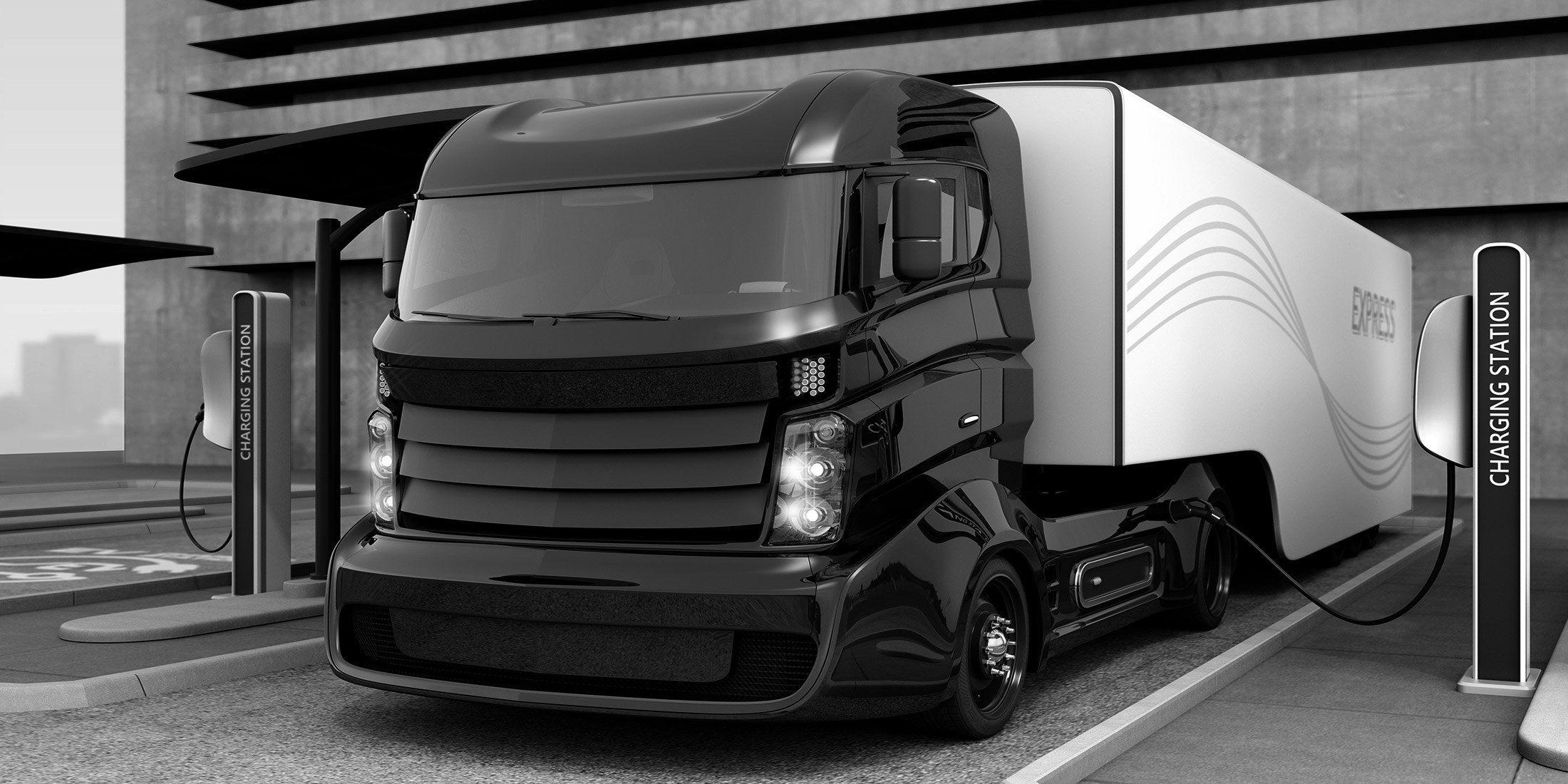

The Future Of Electric Trucks: Challenges And Opportunities
As the world transitions to a greener future, the transportation industry is no exception.
Electric trucks are gaining traction as an alternative to traditional diesel-powered trucks, with many companies investing in research and development to improve their electric truck technology.
In this article, we will discuss the challenges and opportunities associated with the future of electric trucks.
Challenges:
Limited Range
One of the biggest challenges for electric trucks is their limited range.
Currently, electric trucks can only travel a fraction of the distance that traditional diesel-powered trucks can.
This poses a significant challenge for long-haul trucking companies that require their trucks to travel long distances without stopping for extended periods of time.
Charging Infrastructure

Another significant challenge is the lack of charging infrastructure.
Unlike traditional gas stations, there are only a limited number of charging stations available, making it challenging for electric truck drivers to find a place to recharge their trucks.
Battery Technology
The batteries used in electric trucks are also a challenge.
They are expensive and heavy, which can negatively impact the truck’s performance and reduce its payload capacity.
Cost
Electric trucks are generally more expensive to manufacture than traditional diesel-powered trucks.
While the cost of batteries is expected to decrease over time, the initial investment required to purchase electric trucks can be a significant barrier for many companies.
Opportunities:
Reduced Carbon Footprint

One of the most significant benefits of electric trucks is their reduced carbon footprint.
Electric trucks produce zero emissions, making them an excellent choice for companies looking to reduce their environmental impact.
Lower Operating Costs
While the initial investment in electric trucks may be high, they can have lower operating costs over their lifespan compared to traditional diesel-powered trucks.
Electric trucks have fewer moving parts and require less maintenance, resulting in lower repair and maintenance costs.
Government Incentives
Many governments around the world are providing incentives for companies to switch to electric trucks, including tax credits and rebates.
These incentives can help offset the higher initial cost of purchasing electric trucks.
Conclusion
While electric trucks still face some significant challenges, the future looks bright for this emerging technology.
With ongoing advancements in battery technology and charging infrastructure, electric trucks have the potential to become a viable alternative to traditional diesel-powered trucks.
As more companies embrace electric trucks, the reduced carbon footprint and lower operating costs will help to drive further adoption.
The transition to electric trucks may not happen overnight, but with ongoing investment and support, we can look forward to a greener future for the transportation industry.
Add a comment Cancel reply
Categories
- Blog Posts (43)
- Buying Tips (5)
- Selling Tips (4)
- Truck Reviews (17)
Recent Posts
About us

Meet Percy, the blog editor who knows his semicolons from his emojis, and his coffee order by heart. He may spend most of his days glued to a computer screen, but don’t let that fool you – he is a superhero at midnight (as long as there’s enough caffeine involved). When he is not editing blog posts, you can usually find him daydreaming about his next snack break or planning his next witty tweet.
Related posts


Protecting Your Trucking Logistics Cargo

The Transformative Dynamics Of Trucking Workforce Demographics









